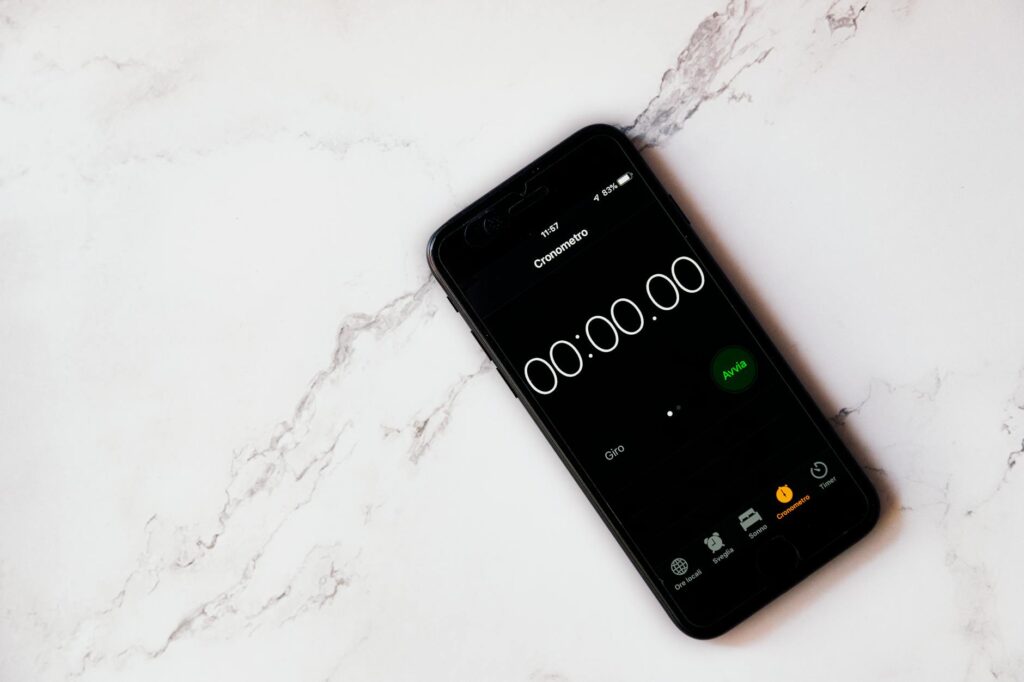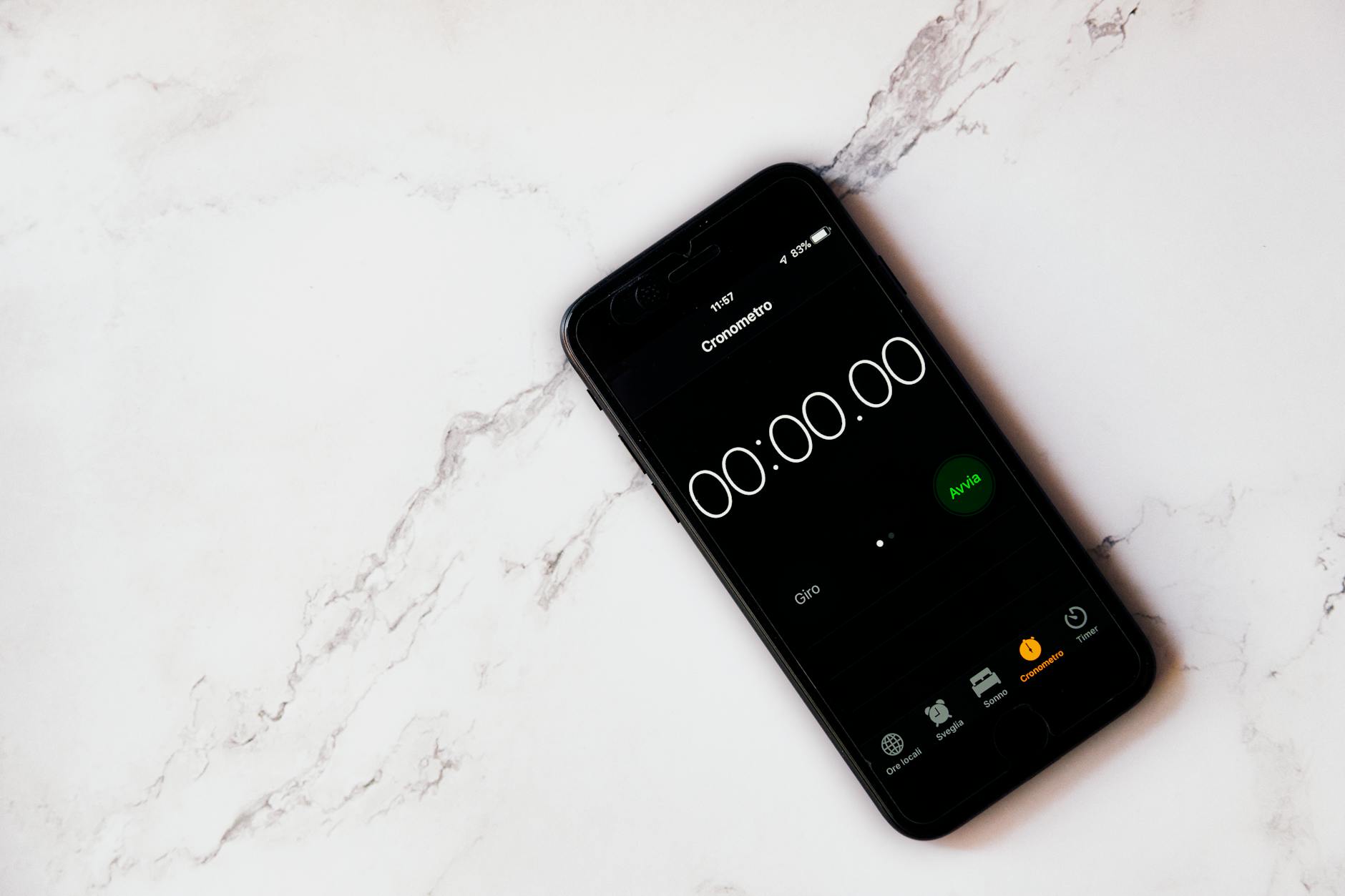What is set a timer for 30 minutes?

What is set a timer for 30 minutes?
Setting a timer for 30 minutes is a simple yet powerful technique that can transform how we approach tasks, manage time, and ultimately boost productivity. By harnessing this method, we can cultivate focus and ward off distractions, paving the way for an efficient work or study session. Whether you’re looking to tackle a work project, study for an exam, or even just tidy up your space, a 30-minute timer can help you stay on track and make the most of your time.
Understanding the Concept of Time Management
Time management is the backbone of productivity. It’s about making the most of our limited hours each day, ensuring that we prioritize tasks effectively and meet deadlines without feeling overwhelmed. According to a piece from NSHSS, effective time management not only helps in completing responsibilities but also reduces stress levels and enhances overall life satisfaction.
The Role of Timers in Productivity
Timers create a sense of urgency that can significantly enhance focus. When we set a timer for 30 minutes, it signals our brain that we have a defined period to accomplish a specific task. This urgency can remove procrastination and help maintain a clear focus on the job at hand. As outlined in a study on the benefits of using timers, using timers can limit distractions and encourage prioritization, ultimately leading to better performance.
Benefits of Setting a Timer for 30 Minutes
Setting a timer for 30 minutes has an array of benefits:
- Enhanced Concentration: Knowing you only have 30 minutes creates a focused atmosphere.
- Improved Work-Life Balance: By segmenting work into manageable intervals, you can better balance work with personal life.
- Prevention of Burnout: Regular breaks after focused work help maintain energy levels and prevent exhaustion.
These advantages not only help in managing tasks efficiently but also contribute to a healthier mindset and lifestyle.
Techniques for Setting a Timer for 30 Minutes
Whether you’re tech-savvy or prefer traditional methods, several effective techniques exist for setting a 30-minute timer.
Using Digital Tools and Apps
In today’s digital age, numerous apps facilitate timer functions. Popular options include Pomodoro timers, which advocate working in intervals followed by short breaks. Apps like Focus To-Do combine task management with a timer, making it easier to stay organized while focusing on tasks. Other recommended apps include Pomofocus and a roundup of the best Pomodoro apps that aid in structuring your work sessions.
Traditional Methods: Clocks and Kitchen Timers
If you prefer a hands-on approach, traditional timers can be just as effective. A simple kitchen timer or a classic clock can do the trick. You don’t need to rely on technology; sometimes, a tangible timer on your desk can serve as a constant reminder of your focused work period.

Photo by Image Hunter
How to Integrate 30-Minute Timers into Daily Routines
Incorporating a 30-minute timer into your daily routine can be a game-changer. Here’s how to do it effectively:
Creating a Structured Work Session
To maximize productivity, consider scheduling tasks in 30-minute blocks. Start with a simple plan: list out the tasks you want to tackle and assign a timer to each one. This method not only organizes your tasks but also creates a rhythm throughout your workday.
Combining with Breaks
After every 30-minute work session, take a short break. This can be anywhere from 5 to 10 minutes. Breaks are crucial; they allow your brain to recharge and help you maintain a high level of focus when you return to your tasks. Research suggests that these breaks can enhance productivity and creativity, making your work sessions even more effective.
Real-Life Applications of a 30-Minute Timer
Many individuals and professionals can benefit from setting a 30-minute timer. Let’s explore some practical applications:
Studying Effectively with Timers
For students, using a timer can significantly enhance learning and retention. The Pomodoro Technique, which employs 25-minute study sessions followed by short breaks, is widely acclaimed among scholars. By setting a timer, students can turn study time into a focused and productive endeavor while avoiding burnout. More information on this can be found at Dietrich Arts & Sciences.
Professional Use Cases
In the workplace, professionals from various fields can utilize 30-minute timers. Writers can set a timer to draft content, while developers can focus on coding tasks. Even marketers can use this method to brainstorm ideas or analyze data. Each profession can adapt the timer technique to fit its unique needs, making it a versatile tool for productivity.
Conclusion
Setting a timer for 30 minutes is more than just a time-tracking method; it’s an empowering technique that can enhance your productivity and focus. By incorporating this simple tool into your daily routine, you’ll find yourself more organized, less stressed, and ready to tackle any task at hand. So why not give it a try? Start experimenting with your 30-minute timer today and discover how it can transform your work and study sessions!